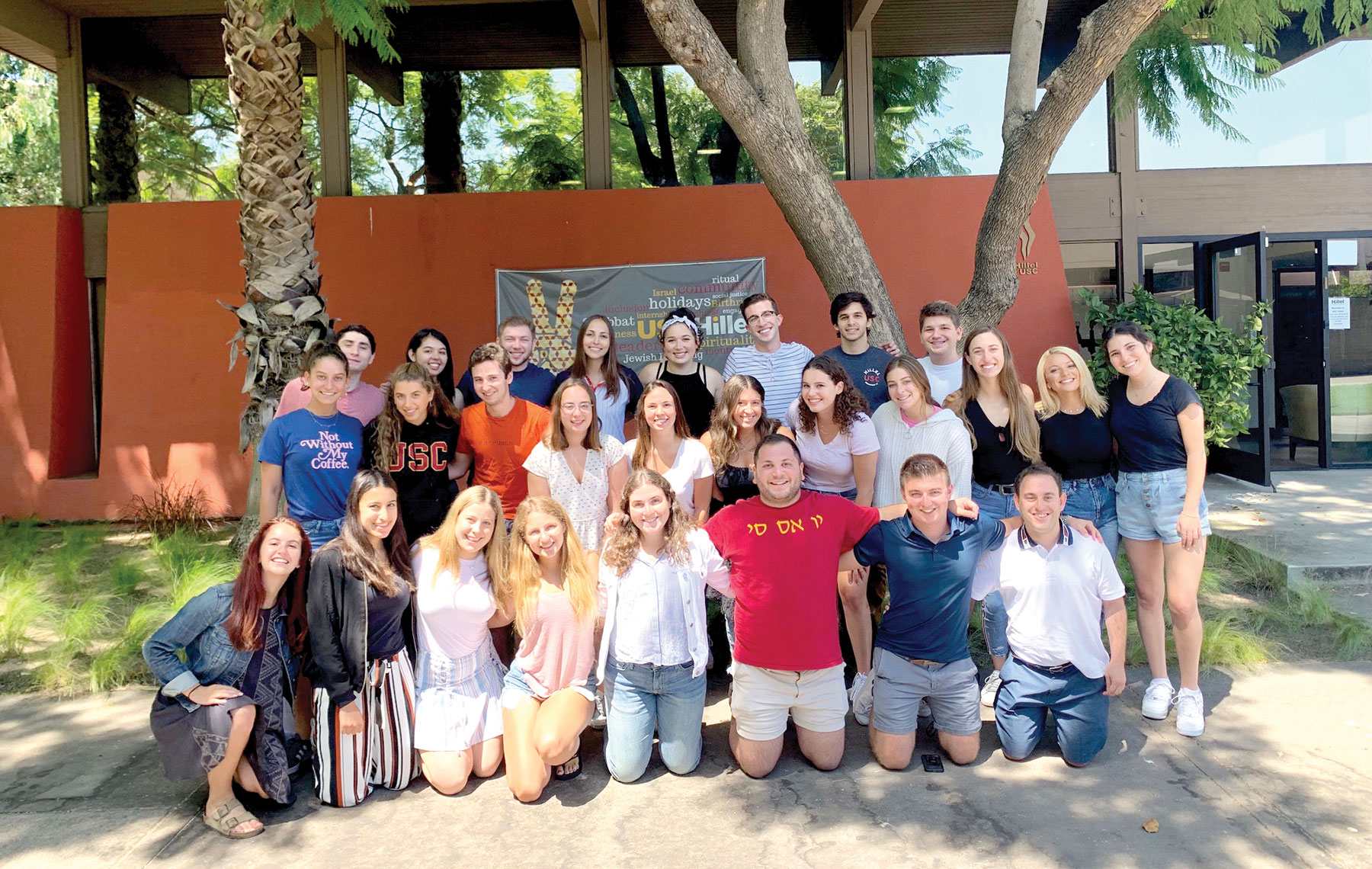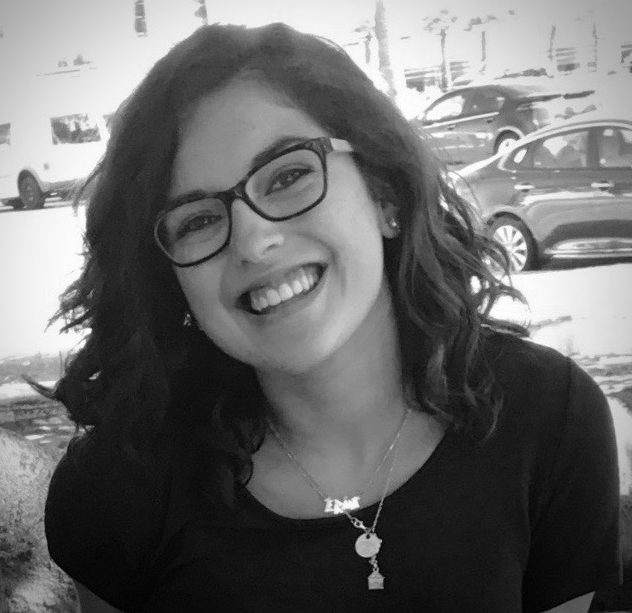
After the accidental death in December 2017 of their 21-year-old son Bradley, who was diagnosed with anxiety and depression, Andrea and Glenn Sonnenberg chose to honor him by ensuring that college students have access to programs that focus on their mental health and well-being.
With the help of the Jewish Community Foundation, the Sonnenberg family launched the Bradley Sonnenberg Wellness Initiative at USC Hillel on Aug. 6. Glenn, Andrea and Bradley all attended the university.
The main goal is to help students cope with stress and mental health issues. USC Hillel also will appoint a full-time licensed social work professional to serve as associate director of health and wellness, and continue to offer classes in mindfulness and healthy living to all students regardless of religious affiliation.
“[Bradley] was like most kids. He was very well read, he loved musical theater and music,” Glenn Sonnenberg told the Journal. “He was also very self-critical, harder on himself than he probably should have been. In his travels with his illness, he met a lot of people and he helped a lot of people. He would go to Starbucks and start schmoozing with the barista and he started to help the guy deal with his depression … but he couldn’t solve his own problems.”
In a 2012 study conducted by the National Alliance on Mental Illness, nearly three-quarters of students on college campuses experienced a mental health crisis; 15% of them said their schools’ response was “poor.”
While Sonnenberg said Bradley was able to receive the medical and therapeutic treatment he needed, he noted that not all children and their families are able to access the proper resources, or even feel comfortable asking for help.
“Too often people feel they are all alone and their situation is uniquely handicapped. They are not.” — Glenn Sonnenberg
“There is stigmatization around mental illness,” he said. “We would never think twice about someone who is wheelchair-bound going to the doctor. But I think as a society we tend to think differently of someone who has a mental illness, which is fundamentally the same. It’s an illness they didn’t ask for. It’s very difficult. The resources at the universities are not as robust as one would like. I don’t think they have bad intent; I just don’t think they focus on this.”
In 2015, a group of USC Hillel students created mindfulness programs connecting wellness and Judaism, like ShalOM Yoga, Hiking with Hillel and a campuswide Wellness Fair. The programs have expanded into staff training, meditation classes, art therapy, puppy therapy and physical activities.
Jeremy Miller, a sophomore and co-vice president of USC Hillel’s health and wellness student executive board, told the Journal, “As a student first coming into Hillel, I did have a wall around myself. I didn’t talk about my personal struggle. I don’t like bringing up my emotions. But Hillel says, ‘It’s OK to talk about [depression]. You are safe. It’s OK to take time for yourself, it’s OK to put yourself first.’ If you don’t have a stable self, you can’t be successful, and Hillel does a good job of breaking down that wall.”
USC Hillel Executive Director Dave Cohn said thanks to the Bradley Sonnenberg Wellness Initiative, the organization will be able to have a full-time social worker dedicated to creating a safe environment where students can speak freely and develop coping mechanisms. He added a search is underway and the hope is to have the social worker ready to begin after the High Holy Days.
“It is really crucial that the social worker is a full-time Hillel staff member and a familiar face on campus,” Cohn said. “It is a big job and we expect that they will have 16 regular clients, which will be seen weekly. In some ways, it will work like a traditional environment with confidentiality safeguards, but along with our social worker, we will be training our entire staff so we can provide services and provide referrals when appropriate.”
He added that students also would be able to participate in wellness internship opportunities so they can receive training and become mentors to other students.
“Too often people feel they are all alone and their situation is uniquely handicapped,” Sonnenberg said. “They are not. You are a normal person. You are as normal as someone hard of hearing or [who] can’t walk. They should be able to share their feelings in a safe environment — one’s anxieties and concerns — and seek professional advice on how to overcome them.”


































 More news and opinions than at a Shabbat dinner, right in your inbox.
More news and opinions than at a Shabbat dinner, right in your inbox.